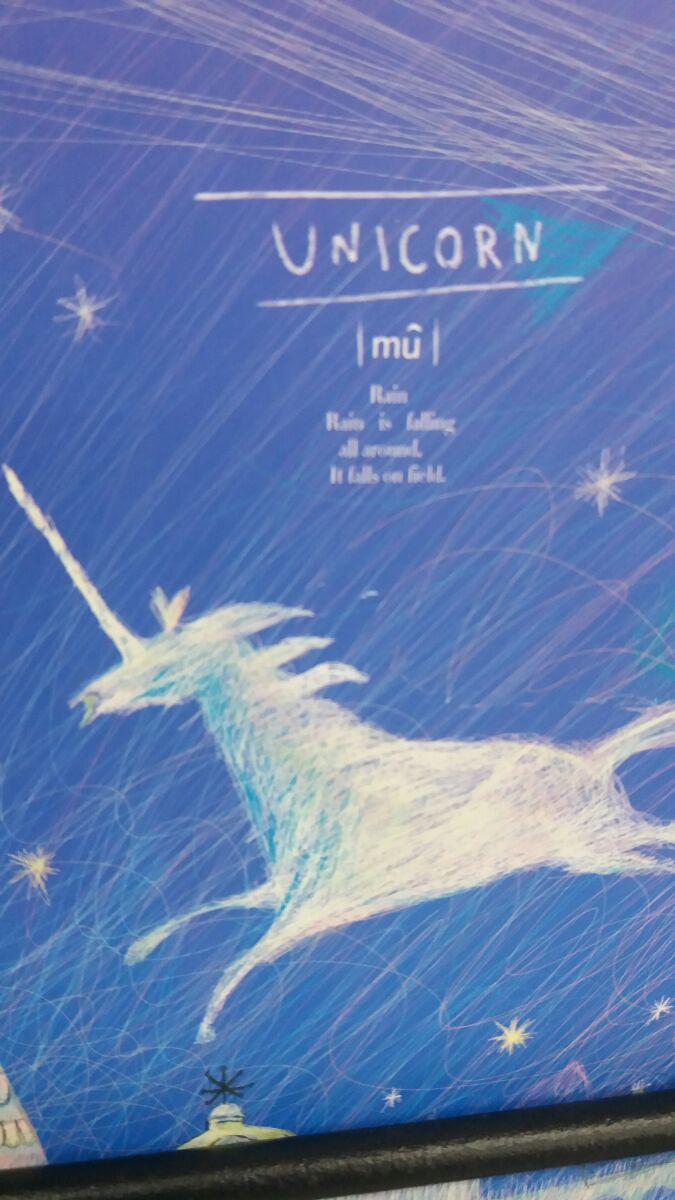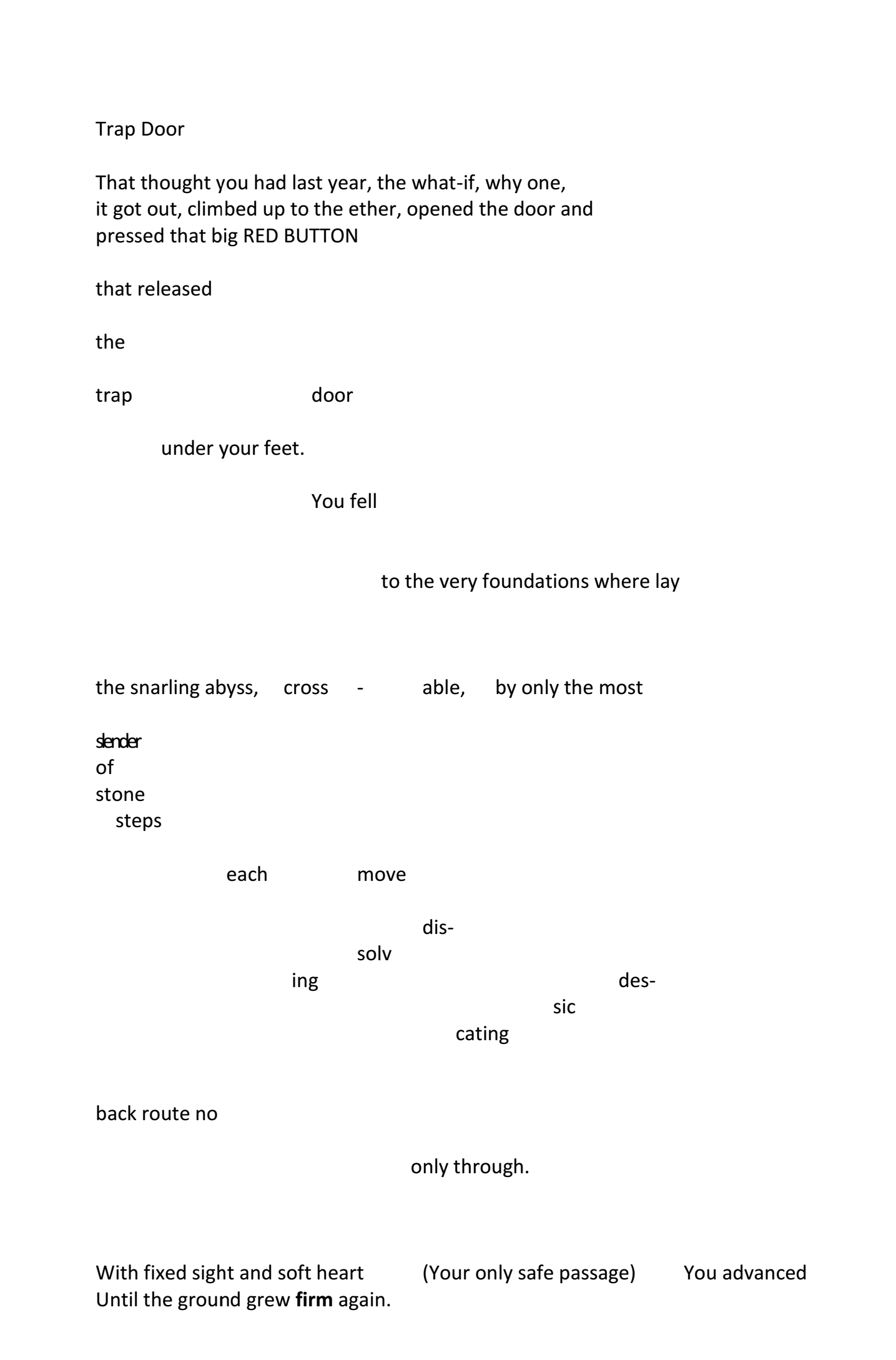Born in the USA, Debbie moved to Nigeria with missionary parents before her first birthday. Beginning at age six, she lived in a boarding school eight months per year. Now she’s writing her childhood stories, seeking ‘Above all Else’ to find where God was in all of it.
I’m an adult MK/TCK who grew up in Nigeria. Mostly.
Born in California on my parents’ first furlough, I flew to Nigeria at nine months old. Our cosy village station lay nestled in a semi-circle of hills studded with rocky outcroppings and savannah brush. But beginning in first grade, I was sent to boarding school 300 miles away, only returning home for Christmas and summer vacations.
During those lengthy separations from family, I suffered from intense homesickness. Many nights I cried alone in bed, feeling abandoned by God and my parents. By fourth grade I toughened up and accepted that way of life as normal, but the wounds remained.
Every few years my family and I left Nigeria and flew to my parents’ home state of California. Those long furlough journeys included visits to New York to debrief at mission headquarters and side trips to various states to connect with relatives and supporters. So many were strangers to me. I quickly grew close to my cousins, then was torn away as we traveled across the States.
Quite often I hear TCKs say, “I wouldn’t trade it for the world.” But each time I hear that phrase, I swallow a lump in my throat, and it sinks like a stone to the pit of my stomach. I feel like I’m failing at being a happy Christian. Why can’t I say those words? I wonder. Am I ungrateful? Do I have blinders on? Am I wallowing in the negative?
Yes, there were happy times on my station of Egbe, in the Nigerian bush. But they were overshadowed by the knowledge I’d have to leave my home with the big climbing trees, grassy yard, and the dusty paths leading to friends’ homes, and head back to boarding school.
Boarding school. The very words bring up hard feelings: cloistered, imprisoned, squelched, claustrophobic, closed in. How does one recover from that?
I always wanted to live in a two-story house on a square block in a neatly manicured neighbourhood in America. The idyllic homes we visited on furlough every Sunday after church, when a family invited the missionaries to dinner, were beautifully decorated and the kids’ rooms were full with dolls and books and toys.
However, my adult American friends now tell me stories of trauma in the perfect-looking homes of their childhood I once envied. Dads who focused too much on their work and not on their kids. Moms who spun from crazy-happy to crazy-crazy in a split second. Grandmothers, cold and angry, who crossed their arms instead of hugging. Grandfathers who did unthinkable things to their little girls. I now realize my life wouldn’t have been perfect in America anyway.
I still can’t say that I’m grateful for all my painful childhood experiences. Or, “I wouldn’t trade it for the world.” But I’m at least longing a little bit less to have lived elsewhere.
To hear more of Debbie’s stories, encouragements, and reflections, check out her blog ‘Above All Else‘. You can also find her on Instagram and Twitter.












